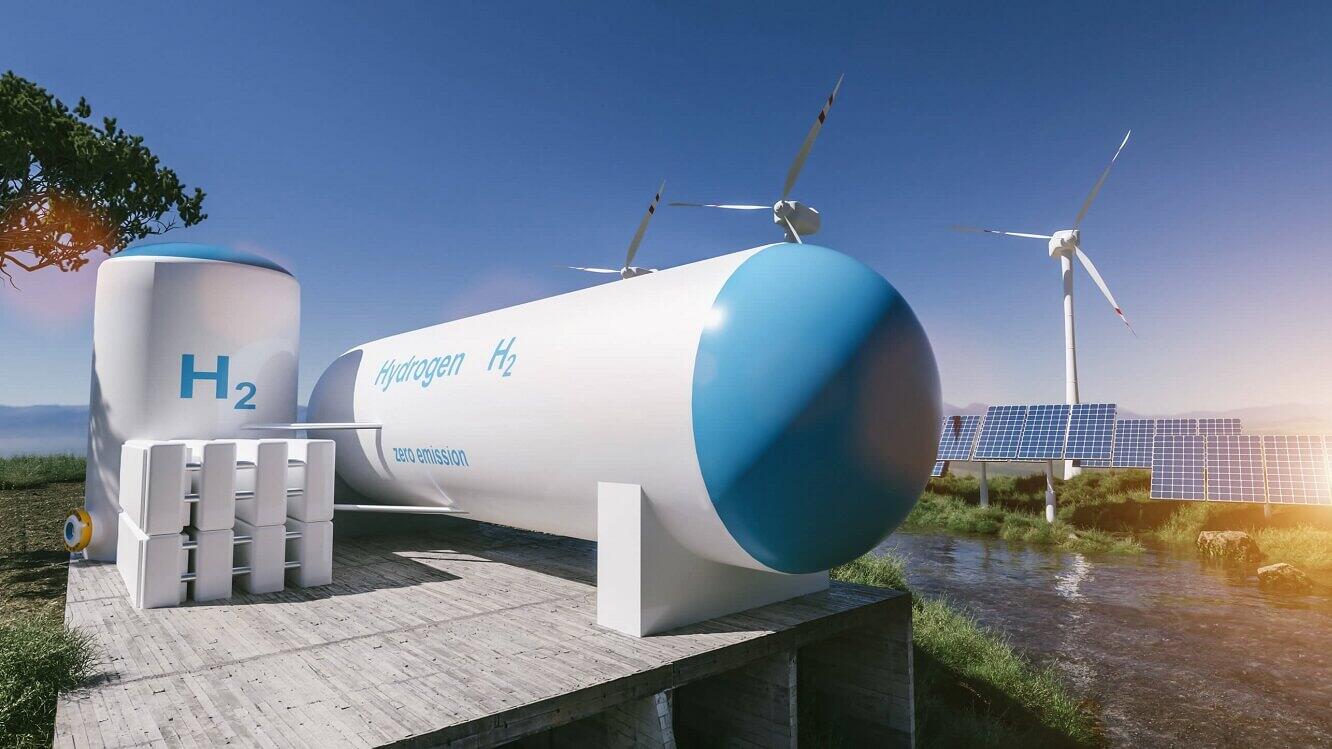 Policy & Regulation
Policy & RegulationHaving ‘Impossible’ conversations about energy
Summary
The author pushes the reader to listen to those at the extremes to find common ground. We may or may not agree that climate change is happening, but we can agree that some technologies will move faster than others! The magic really happens in the middle when we recognise that we are in a complex transition with no one size fits all answers. Hydrogen may be the answer in certain applications, ammonia could power air planes in certain circumstances (I am not quite convinced! ), sometimes keeping an old car to do a few miles is the best answer. Plenty of people have ‘low grade heat’ which they could
they could share with neighbours (Data Centres, Sewers, Underground Trains for example)
And many people looking to ensure security of supply and manage constraints in the local electricity network. By working together and thinking broadly we find that no single technology gives the perfect solution and that by coming together sometimes magic can happen! Lets keep the energy dialogue open and enjoy the journey ahead of us.
Open full article
Having ‘Impossible’ conversations about energy
In my recent blogs on the future of energy I have had some really interesting debate on what will and won’t work… I’ve been challenged to consider Ammonia for air travel, a full Hydrogen switch over and some really interesting debate around the global economic impact of significantly reducing air travel.
Recently on my longer distance journeys I have been listening to an excellent audio book called ‘How to have impossible conversations’. The author takes you through how to approach challenges in such a divisive and polarising world… where topics are deliberately reported to extremes to drive reaction. This got me thinking that we really need to consider how we talk about the energy transition…
In the book the author pushes the reader to listen to those at the extremes to find common ground… so in energy I believe there is much to find.
1.We may or may not agree that climate change is happening. I’ve had some debates recently with people that just simply don’t believe it’s a problem. However, what we can agree on is that there is a global trend for both countries, companies and individuals to seek to reduce carbon emissions significantly - so individual beliefs about consequence are largely irrelevant!
2.We know that our lifestyles will be different in a decade, we may not know the what or how but we can certainly agree it will be different.
3.We know that some technologies will move faster than others… if you’d told me even five years ago that I’d be chatting to my heating via someone called ‘Alexa’ I’d have probably said that’s 10-20 years out (Alexa has now taken over my house!). Some technologies like offshore wind are ready now... wheras others like Hydrogen may need a little longer to develop. There is still the possibility of some 'black swan' technologies to disrupt in the future!
4.We can agree nobody is perfect! You simply can’t live a zero-carbon life…. You can try and you can strive but none of us are there yet!
The energy world has many people advocating technologies, shouting about carbon savings and pushing single issues… some of which move towards ‘shaming’ unbelievers… these extreme views risk alienating people just trying to get on with their daily lives as well as giving a false impression that silver bullets exist that will take away all our worries… and at the other end of the extreme we risk convincing people that they are ‘green’ when really they are not – yes its green to use a re-usable cup… but hopping on a flight or buying a new car (10 tonnes of Carbon just to make whether its an EV or not) dwarfs that contribution instantly! (Definitely use a re-useable cup by the way…little things make a big difference too!).
The magic really happens in the middle when we recognise that we are in a complex transition with no one size fits all answers. Hydrogen may be the answer in certain applications, ammonia could power air planes in certain circumstances (I’m not quite convinced!), sometimes keeping an old car to do a few miles is the best answer… I’d love to see so much more debate about technology pathways… with real numbers and options.
The provision of heating and cooling in particular lends itself to meeting in the middle. Plenty of people have ‘low grade heat’ which they could share with neighbours (Data Centres, Sewers, Underground Trains for example) as well as many people looking to ensure security of supply and manage constraints in the local electricity network. Through working together and thinking broadly we find that no single technology gives the perfect solution and that by coming together in the middle sometimes magic can happen!
Lets keep the energy dialogue open and enjoy the journey ahead of us!



